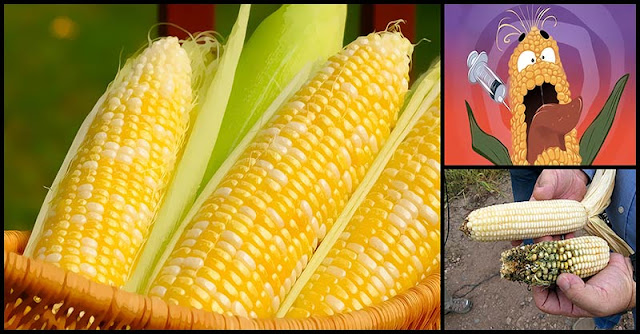Do you like having a bowl of cornflakes for breakfast? Well, for you to know, cornflakes may not be the best option for you. According to research, once corn is processed, its cancer-fighting phenolics are lost. This study, which was published in the Journal of Agricultural and Food Chemistry, was conducted by researchers from Illinois in order to determine what happens to cancer-fighting phenolic acids in corn when they are processed.
For the study, the research team created cornflakes from nine corn genotypes with different phenolic content. This would help them in determining if high amounts of ferulic acid and p-coumaric acid in the corn kernel can be carried over and translated to greater amounts in the end product.
Advertisement
Researchers found that during the processing period, the dry-milling process removes most of the phenolic acids regardless of the concentration in the grain at the beginning. Corn’s phenolic compounds are mostly concentrated in the bran, which is the outer covering of the corn kernel. Yet, in the initial stages of the dry-milling process, the bran is removed.
The remaining soluble phenolic content of the corn was tried to be increased by heating the starchy leftovers during later processing stages. The heat may help release bound forms of the compounds even if most of the phenolic compounds in corn are bound to fiber. It may also increase the antioxidant content of corn-based foods.
Results revealed that although there was an increase in soluble phenolic compounds, it was too small that you could get the same amount from other healthier food options.
Carrie Butts-Wilmsmeyer, the lead author of the studies and research assistant professor in the Department of Crop Sciences at the University of Illinois, states that:
“We did see an increase in soluble phenolics, but it was so small, you could have gotten the same benefit from going to the refrigerator and eating a few blueberries.”
The researchers concluded that the corn’s phenolic content did not make it to the final product since they were lost when they were processed. This was based on the findings of the study.
Advertisement
Genetically Modified Corn Harms The Digestive Tract
One of the most commonly genetically modified (GM) common crops is corn and this makes it harmful when consumed. Sadly, most corn available today are genetically modified.
In a study published in the journal Experimental and Toxicologic Pathology, it has proven that GM crop is bad for the health, particularly the intestinal tract. For the study, mice were fed with GM corn for 90 days and results of the study revealed that the mice suffered from serious damage to the surface mucous membranes of the jejunum, which is a part of the small intestine.
The researchers fed mice either a GM corn or a non-GMO corn. The GM corn mice group were fed with a specific type of corn called MON810: Ajeeb YG, a variety of Monsanto’s GM corn. This is a GM version of Ajeeb, which is a local species of corn grown in Egypt. Corn made up 30 percent of the mice’ diet.
Based on the findings of the study, mice fed with GM corn had damaged villi, the finger-like structures in the intestine that absorb nutrients from foods. They were distorted and flattened and some cells were bound together. Aside from this, signs of inflammation around the area were also observed, the mucosal glands were disturbed, and blood vessels were congested. There also an increase in the number of mucus-secreting goblet cell, cell division, and shedding of mucosal cells. Thus, it was finally concluded by the researchers that consumption of genetically modified corn can greatly harm the jejunum.









